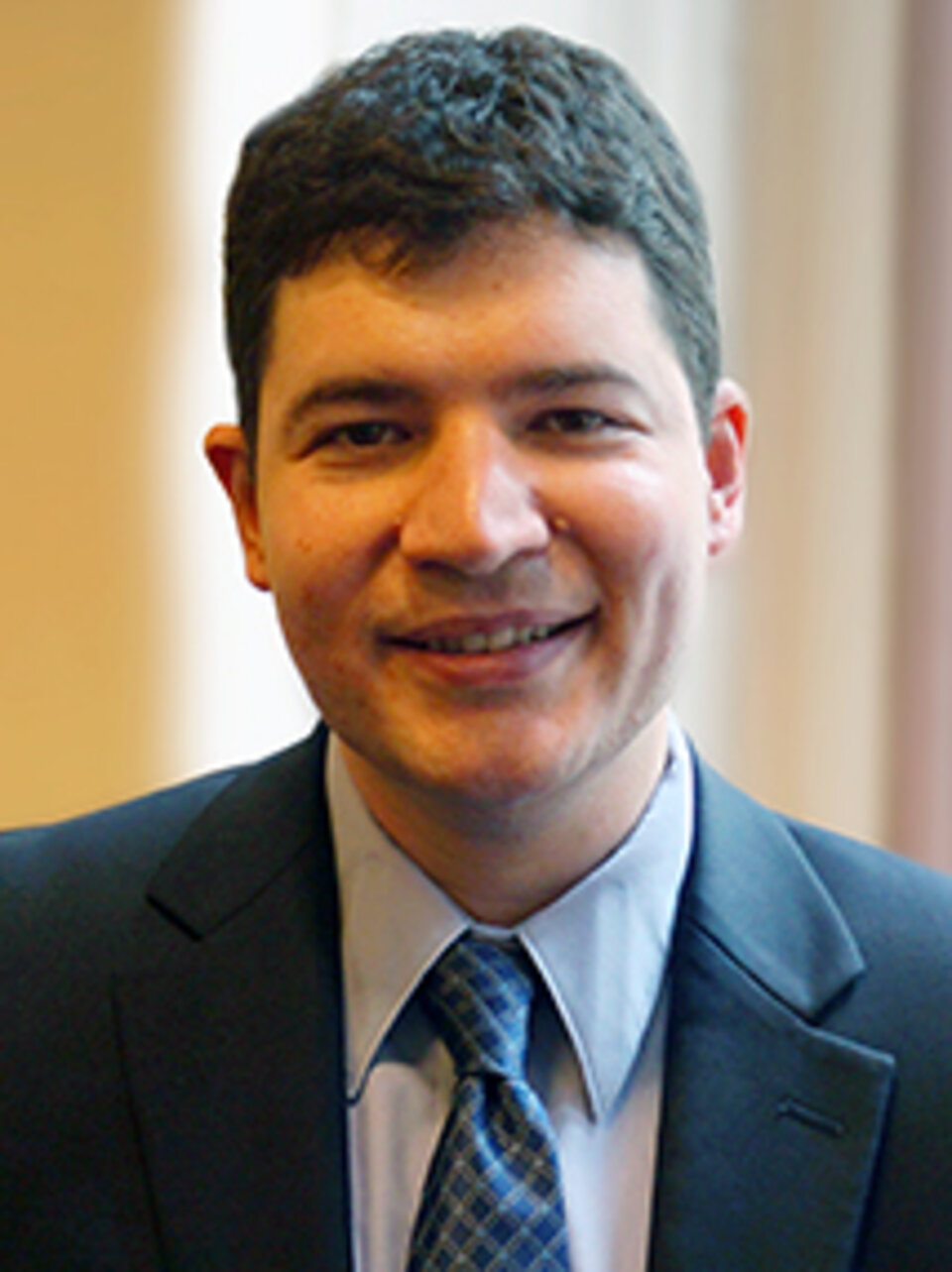
Webinar Title
Testing Accommodations for Students with ADHD: Research-Based Practices (1.5 CE/CPD)
Presentation Recording
Click here to access the video recording.
Learning Objectives
After this presentation, participants will be able to:
Describe the results of research studies on testing accommodations for individuals with ADHD.
Contrast different types of clinical evidence when making accommodation decisions for individuals with ADHD.
Evaluate requests and recommendations for testing accommodations using an evidence-based framework.
Abstract
Attention-deficit/hyperactivity disorder (ADHD) is a common diagnosis in children, and more recently in adults as well. However, there is no consistent approach to providing disability accommodations to individuals with ADHD. Dr. Lovett will review the features associated with ADHD that can lead to a need for testing accommodations and analyze the available research on common accommodations such as extended testing time and a private testing location. In particular, Dr. Lovett will connect different types of student-specific evidence (e.g., diagnostic test scores, historical records) to accommodation recommendations, both in cases where ADHD is the sole diagnosis and in cases where comorbid diagnoses (e.g., learning disabilities, anxiety) are present. Other educational accommodations as well as related interventions will be briefly discussed as well. Psychologists, educators, test administrators, and disability services professionals are among the audiences who will benefit from this research-informed presentation.
Bio
Benjamin J. Lovett, Ph.D., is Associate Professor of Psychology and Education at Teachers College, Columbia University. His research has focused on the diagnosis of learning and attention disorders, and the provision of educational accommodations to individuals with these problems. He has over 100 publications on these and related topics. Dr. Lovett teaches courses on psychological assessment and serves as a consultant to schools and testing agencies on disability and assessment issues.